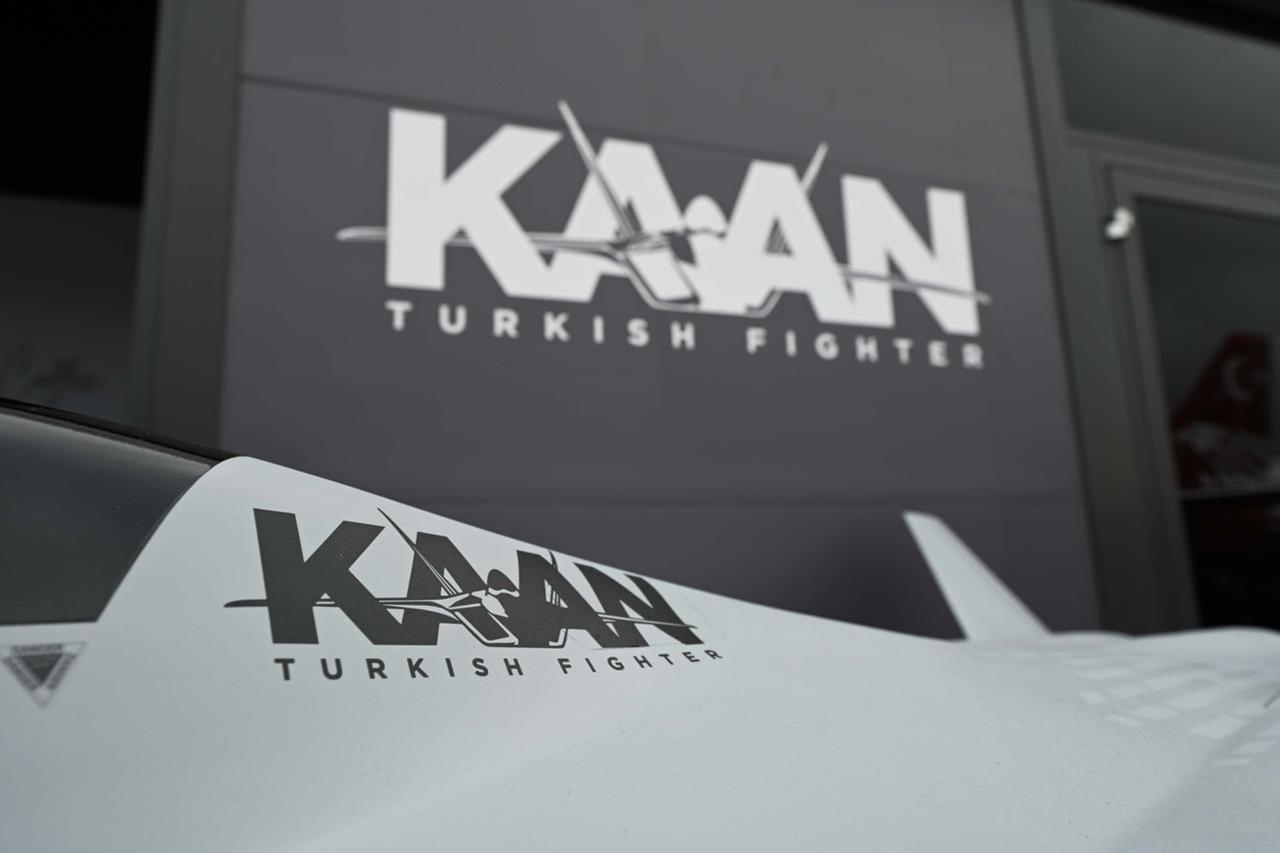
Türkiye’s domestically produced fifth-generation fighter jet Kaan is emerging as a potential competitor to the U.S.-made F-35 in defense exports, according to Newsweek.
The aircraft is drawing growing interest from developing nations, with Indonesia becoming the first buyer after inking a deal in July for 48 units.
This development marks a strategic milestone for Türkiye’s defense sector, signaling its intent to reduce foreign dependency and expand its influence in the global arms market.
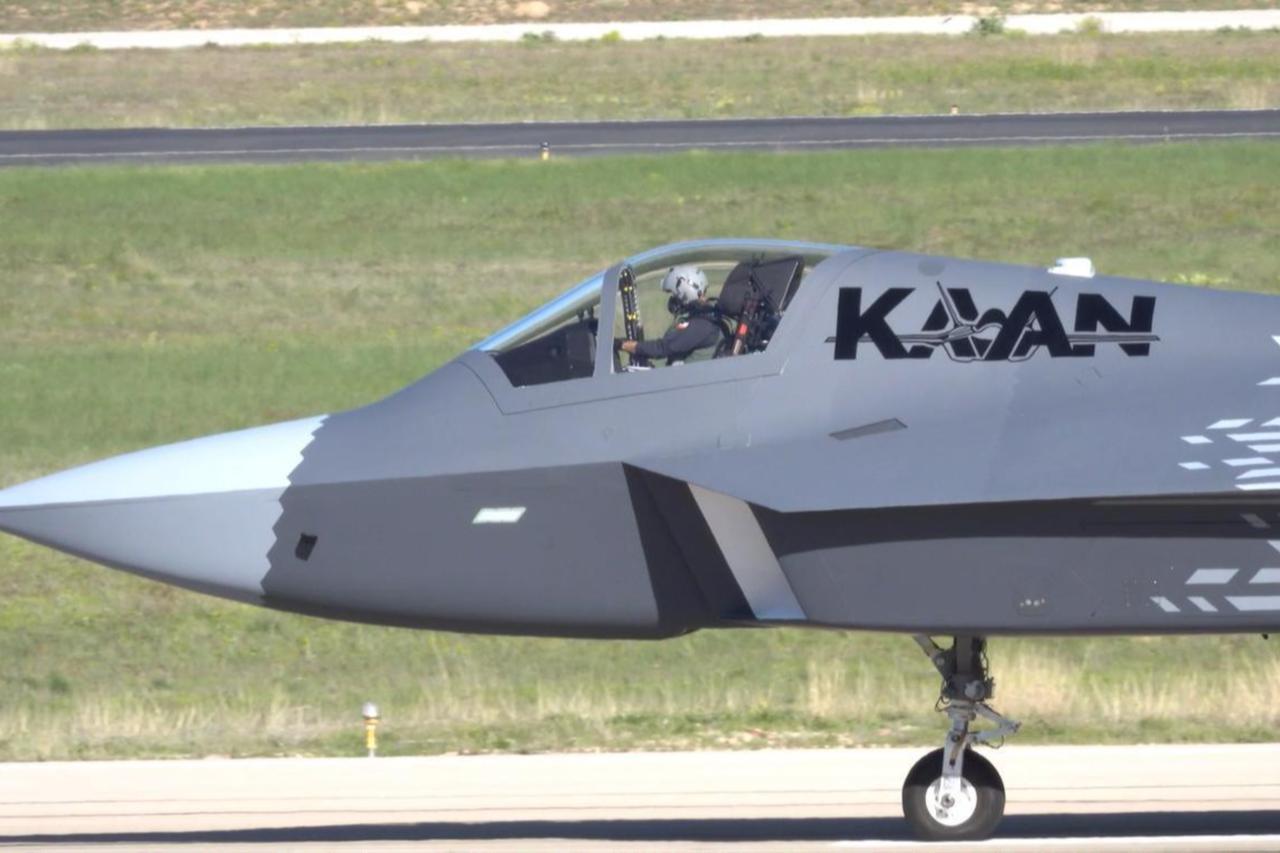
The Kaan project was initiated in 2010 by a decision from Türkiye’s Defense Industry Executive Committee. It aimed to replace the aging fleet of F-16s with an entirely homegrown multirole stealth fighter. Turkish Aerospace Industries (TAI) was selected as the main contractor, and a formal agreement was signed with the Presidency of Defense Industries (SSB) in 2016.
The chosen configuration, dubbed FX-1, is a twin-engine design that allows for greater range, higher speed, and an expanded payload. Kaan completed its maiden flight on February 21, 2024, reaching 8,000 feet at 230 knots. A second flight followed on May 6. The second prototype is expected to fly in 2026, with a total of six prototypes scheduled.
The Turkish Air Force is set to receive the first deliveries by late 2028. A variant equipped with a domestic engine is projected to enter service in the early 2030s.
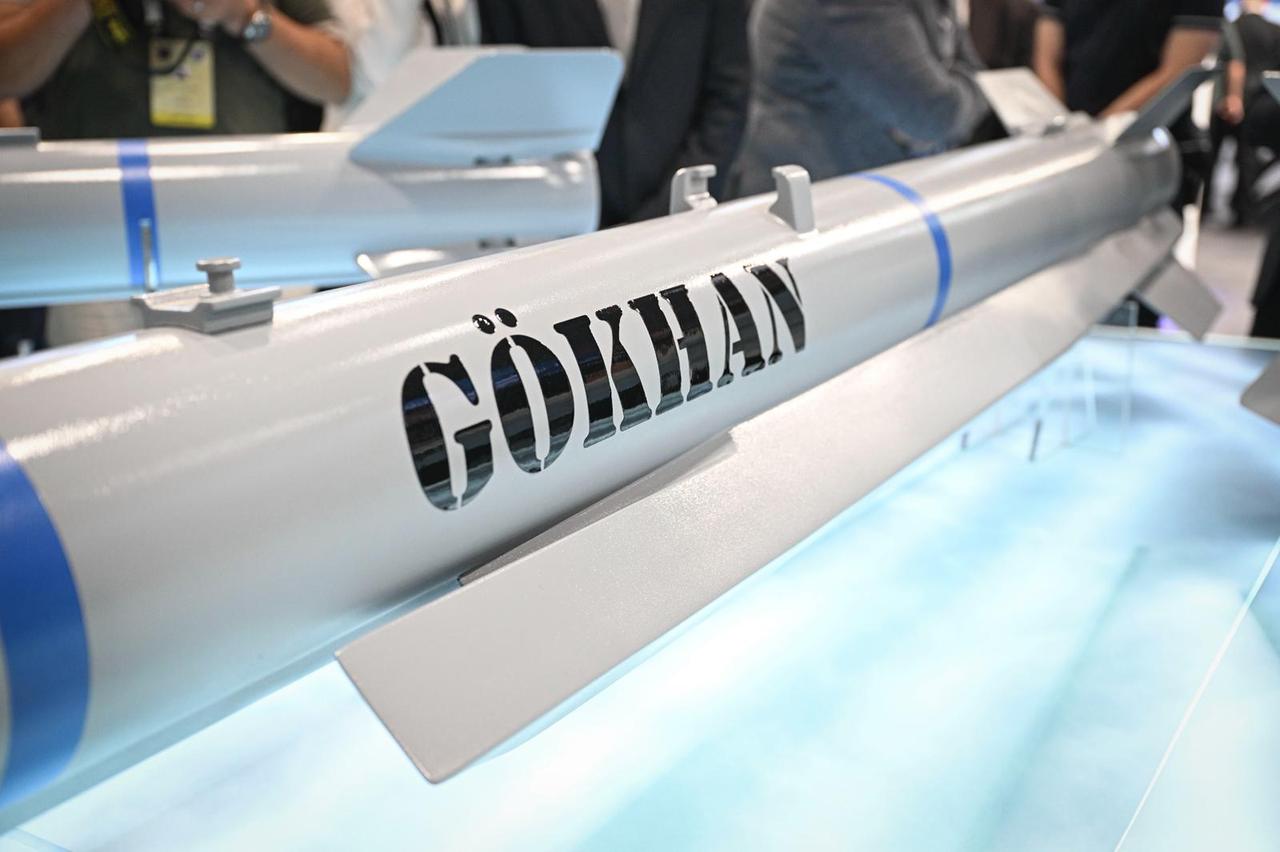
Capabilities and features
Kaan is a fifth-generation stealth platform with a twin-engine structure. It incorporates a reduced radar cross-section and advanced radome technologies. Internal weapon bays support compatibility with Türkiye’s indigenous arsenal, including the SOM cruise missile and the Gokhan, Gokdogan, and Bozdogan air-to-air missiles.
The fighter is designed to reach speeds of Mach 1.8 and operate at altitudes up to 55,000 feet. It features a wide-area cockpit display, helmet-mounted sights, and AI-supported sensor fusion. With maneuverability limits rated at +9g and -3.5g, it offers superior agility for close air combat and multi-role missions.
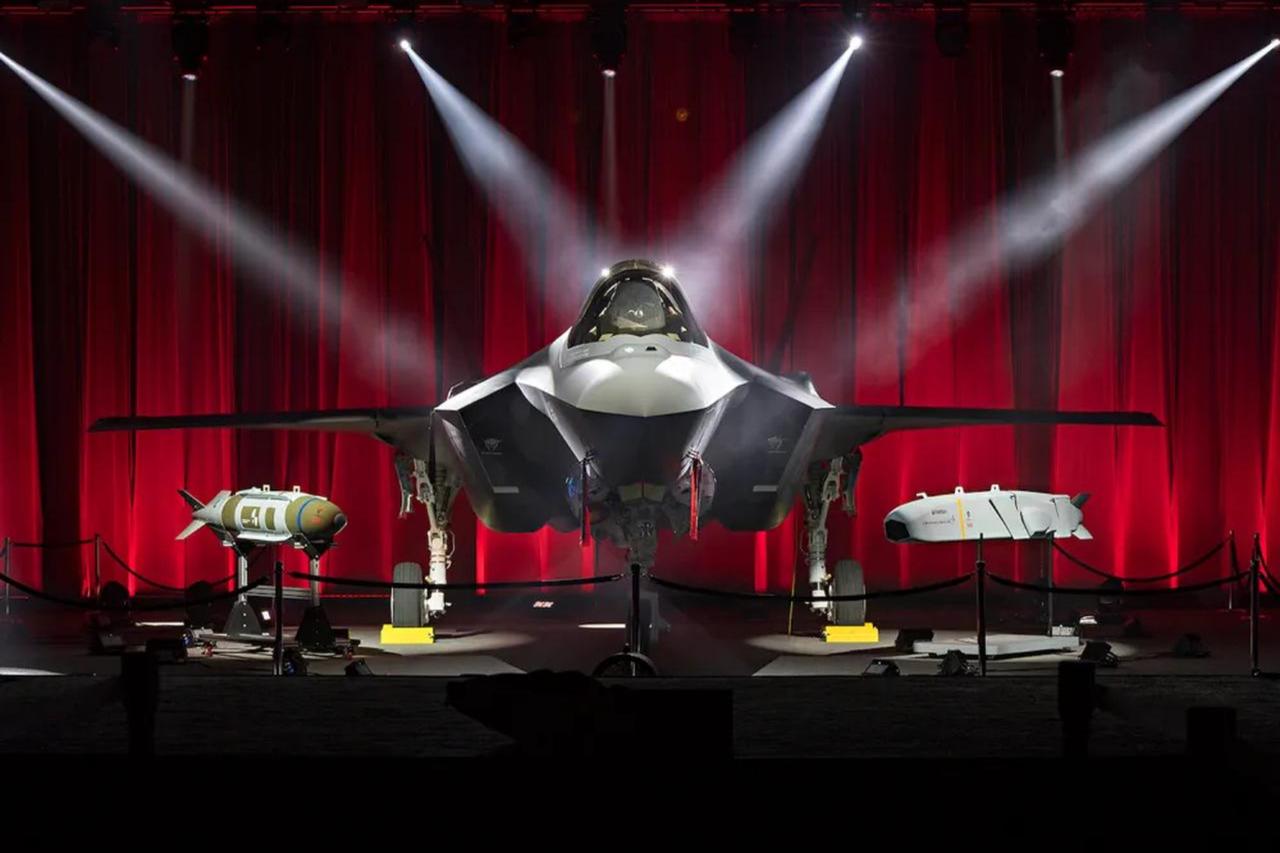
Strategic significance
After being removed from the U.S.-led F-35 program in 2019 over its acquisition of Russia’s S-400 missile systems, Türkiye doubled down on self-reliant defense development. Kaan has since become the centerpiece of its national aviation ambitions.
As Newsweek highlights, this positions Türkiye among a small group of nations — including the U.S., Russia, and China — capable of producing fifth-generation fighter jets. The project symbolizes a technological leap and a move toward defense autonomy.
The deal with Indonesia — the world’s most populous Muslim-majority country — is the first known export order for a fifth-generation jet still in development. This breakthrough sets a precedent in global defense sales.
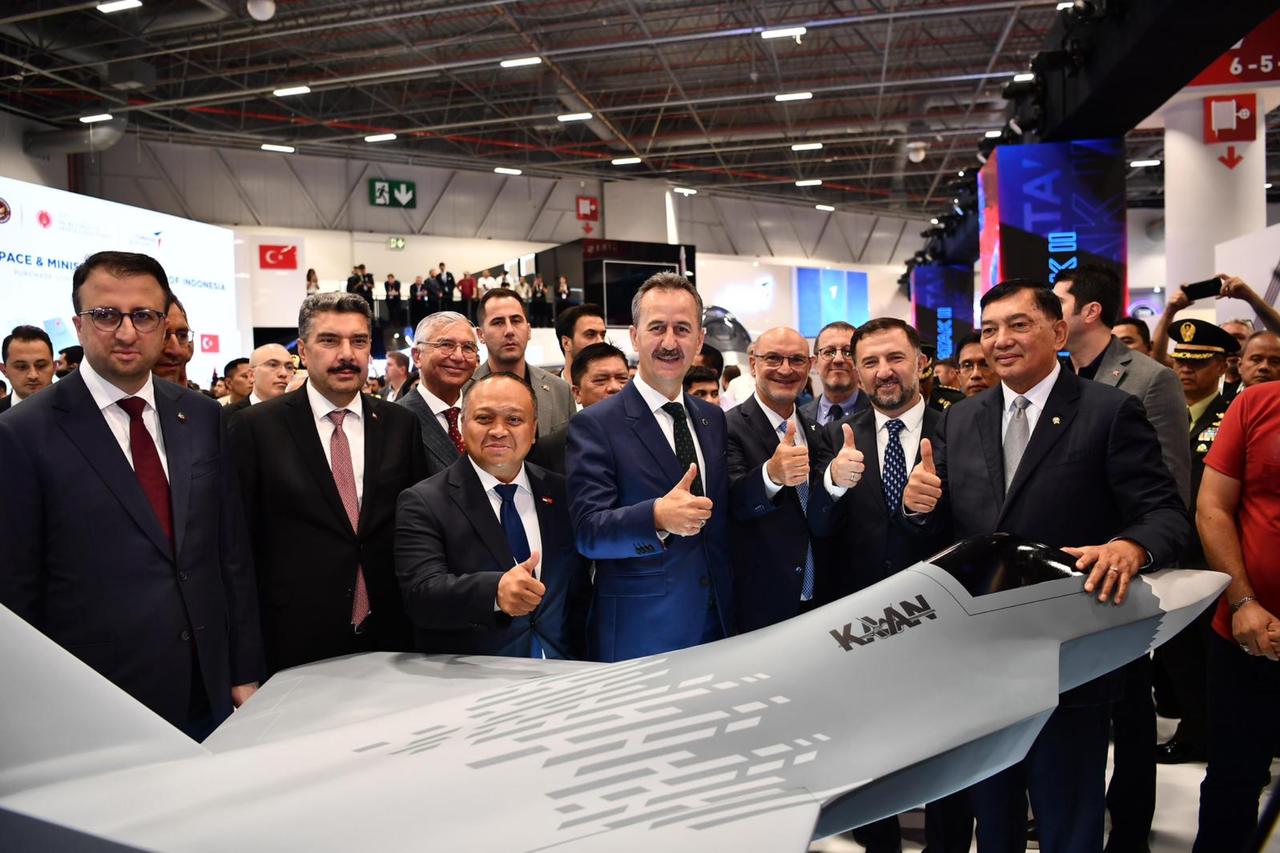
Beyond Indonesia, Kaan is attracting attention from other nations. Speculation suggests that Egypt could join the program, although no official confirmation has come from Cairo or Ankara.
Writing for the Atlantic Council, defense analyst Can Kasapoglu noted that countries looking to phase out Soviet-era aircraft and integrate into NATO-compatible ecosystems — such as Ukraine and Azerbaijan — could emerge as potential buyers.
President Prabowo Subianto of Indonesia emphasized his country’s intent to cooperate with Türkiye not only on Kaan but also in submarine development, praising the progress of the Turkish defense sector.

Despite pursuing Kaan, President Recep Tayyip Erdogan has signaled continued interest in acquiring F-35s. Talks with U.S. President Donald Trump are reportedly ongoing, sparking concerns in Israel due to regional security balances, Newsweek asserted.
As Newsweek noted, U.S. hesitation to transfer advanced systems to Middle Eastern allies to maintain Israel’s qualitative military edge has opened a market gap that Türkiye seeks to fill.
Türkiye plans to begin operational deployment of the Kaan fighter by 2028, marking a new era for its air force. From 2030 onward, the aircraft is expected to replace legacy platforms such as the F-16 and F-4, forming the backbone of Türkiye’s air combat capabilities.
With export deals taking shape and the aircraft entering a critical development phase, Kaan is poised to reshape Türkiye’s role in the global defense landscape, not only as a consumer but as a competitive supplier.